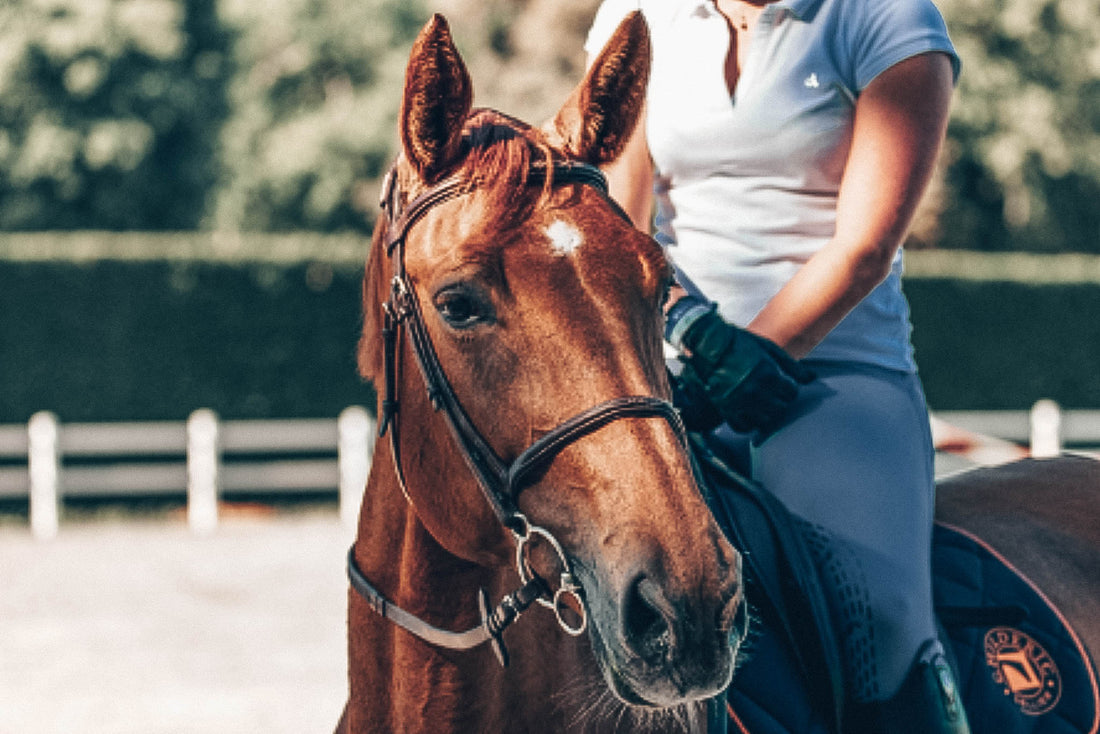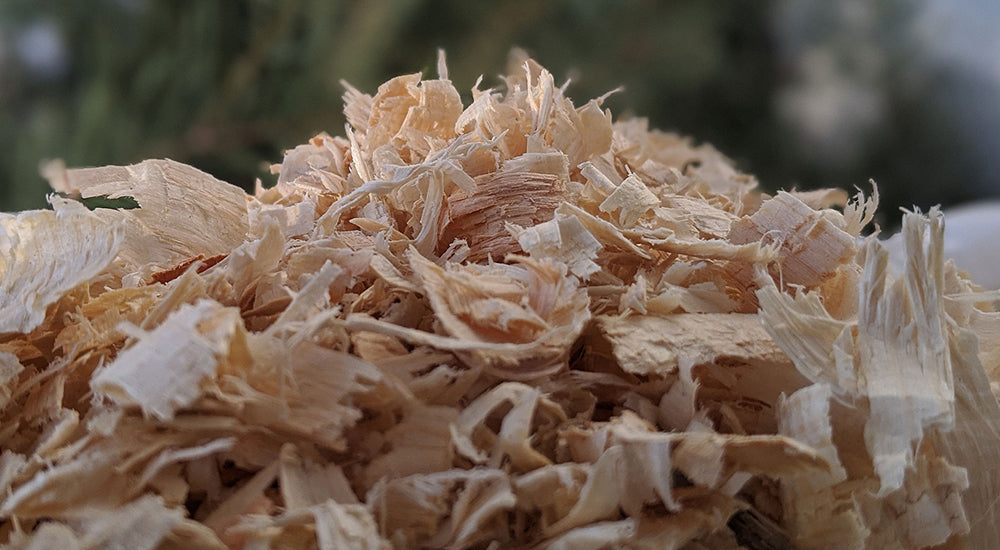10 Simple Ways To Invest In Your Horse’s Health

If you are a first-time horse owner, you might be confused about what are the maintenance costs of owning a horse. You might see all kinds of commercials showing products you might need, and you don’t know what’s really a necessity and what is just nice to have.
Investing in your horse’s health and wellbeing doesn’t have to cost you a fortune. Although some accessories might seem pricey at first glance, it’s always worth choosing quality products to make sure you have a happy, healthy horse.
On the other hand, investing in your horse’s health is not always about the money you spend. Another resource you can invest in and always pays off in the long run is time. The time you spend with your horse, looking after him, and making sure he’s active and healthy actually is the best investment.
Let’s see what do you need to do to make sure your horse is healthy. Follow these 13 simple tips and set the base for a beautiful friendship between you and your horse.
1. Offer Regular Exercise To Keep Him Fit
Horses are active animals, and they need to have regular exercise to be fit and healthy. Remember that they need to exercise daily to be in the best physical and mental state.
Make sure you create an exercise schedule for your horse that you can respect every day. Whether it’s time in the pasture, play, or trail riding, movement helps his joints and muscles remain in perfect shape. It’s also the perfect antidote for boredom, preventing depression and bad behavior.
2. Let Him Be Social
Horses are herd and social animals, so if you only have one horse and he doesn’t get the chance to hang out with fellow horses, you might want to consider getting him a companion.
You can also check if you have access to an arena. This way, you can make sure he gets the movement he needs, and he can also socialize.
3. Schedule an annual vet exam
An annual visit to the veterinarian is a must, even if there’s nothing wrong with your horse. He still has to be checked by someone specialized since some conditions might not produce noticeable symptoms.
Your horse needs his vaccines regularly to make sure he doesn’t get any viruses and stays healthy.
This is a small investment you can take every year to save more in the long run since vet bills can get quite expensive if something goes wrong and your horse gets sick.
4. Stimulate his mental health
Mental health doesn’t have to be neglected for any animal, including horses; neglecting it might cause much stress over time for both you and your horse. Give him time to socialize, play and do the things he loves. It’s that easy!
5. Give Him Time to Graze
Time to graze is crucial for a horse’s well-being. His digestive system was not built for large meals, and that’s why grazing is so essential for your horse’s overall health. This way, he can feed more closely to how his ancestors did in the wild. If grazing is not an option, invest in a slow feeder to best replicate natural grazing. Horses require access to forage on a 24 hours basis to keep their gut in good health.
6. Grooming is a must
Grooming your horse is a pleasant activity, but it’s also necessary for his health and wellbeing. Grooming helps remove the dead cells, excess hair, and ticks, and it’s also an excellent opportunity to check on your horse’s overall health. You should also make sure you always keep his teeth and hooves clean.

7. Respect Your Horse's instincts
Horses are instinctual animals; understanding their instincts and respecting them is the key to an excellent human-horse relationship. It’s also the best investment you can make.
8. Protect his legs
A horse’s legs are impressive structures that are made for running and being free. Unfortunately, under certain circumstances, they are also prone to numerous conditions and might require extra protection.
Use compression wraps to protect your horse’s legs during training, transportation, or minor affections to ease his recovery. Learn about the differences between anatomically correct compression bandages like Equicrown and traditional or “static” wrapping with a polo wrap.
9. Give Your Horse a Break
While it’s important to keep your horse active and exercise, remember that horses can, too, get burned-out. If you have been training or schooling heavily lately, consider giving your horse a break to have his alone time, playing or doing what he loves.
Stress can be the cause of bad behavior, but it can also increase his cortisone levels, leading to immune, respiratory, and gastrointestinal issues.
10. Reduce transport stress
Preparing your horse for transportation is essential to prevent stress and injury. Ensure that your horse is well-adjusted to the trailer, that he has access to forage, and that his feet are protected to avoid stock-up.
Compression wraps will help you ensure that his legs are protected, and he can travel safely, even on longer distances.

